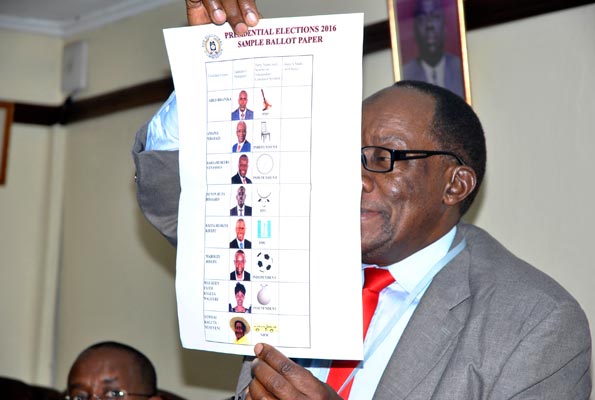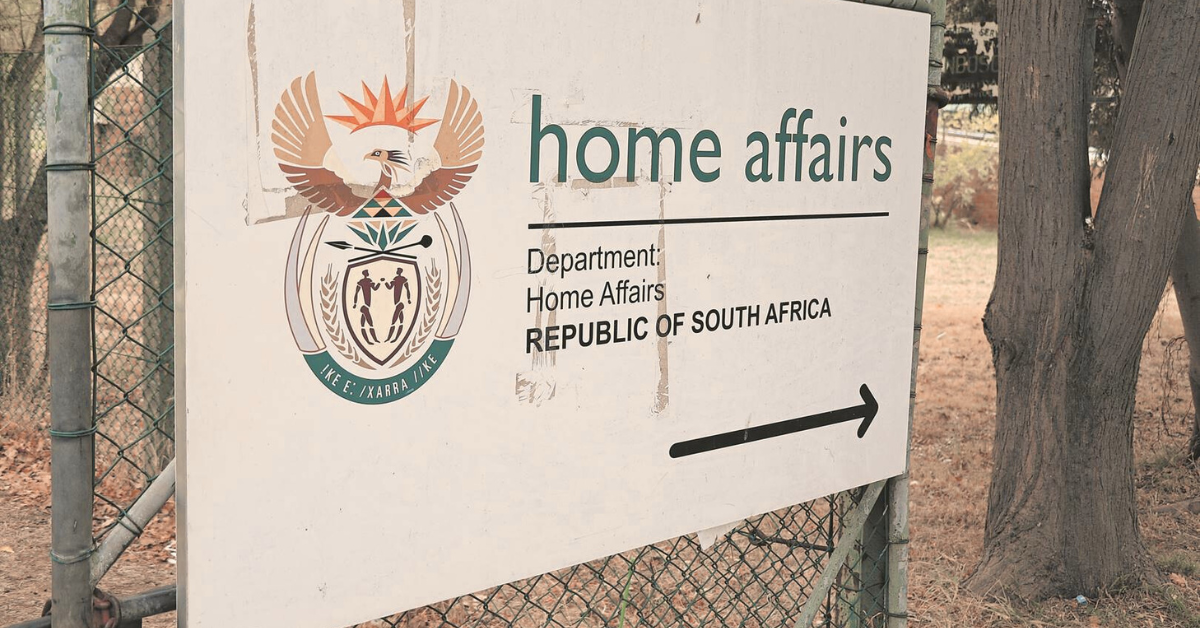
As Ugandans go to the polls to decide the next set of leaders, there are clear indications that social media in that country is on lockdown. This morning, the day of voting, users report that access to Facebook and Twitter have been blocked on most of the country’s mobile networks.
As #UgandaDecides some of us using the @smartuganda network have been restricted internet access to Facebook, Twitter and Whatsapp.
— . (@imukonyezi) February 18, 2016
While crushingly effective, the lockdown is not total…some people have been able to access social media to report the issue, which is how we know in the first place. The most resourceful users seem to be using VPNs as well as the Opera Mini mobile browser to bypass the network restrictions. On the other hand, Instagram and Whatsapp seem to be unaffected. One person is posting direct to Twitter via Instagram.
Facebook and Twitter are being blocked in Uganda as elections get under way this morning. The… https://t.co/m1KKc8gZl4
— 🇺🇬 TMS Ruge 🇺🇦 (@tmsruge) February 18, 2016
Many accuse the Ugandan Communications Association (UCC) of ordering the blockade. The major mobile ISPs that are reportedly affected by the Facebook and Twitter restrictions are MTN, Airtel, Smile, Africell and Vodafone. Airtel’s money transfer service is also said to be down.
So UCC is switching of social media sites! Stopping so low why? #UgandaDecides
— Kev (@Kevrx) February 18, 2016
16 million people are expected to participate in Uganda’s polls. Many hope for peaceful elections, but watchers have noted issues with the voter register and are closely monitoring the country’s elections body for any signs of impropriety. Social media is expected to play a large role in keeping the polls open to the whole world, but the current access restrictions might pose a challenge for transparency advocates.
Read next: See how Ugandans are using VPNs to bypass network restrictions on election day.


















